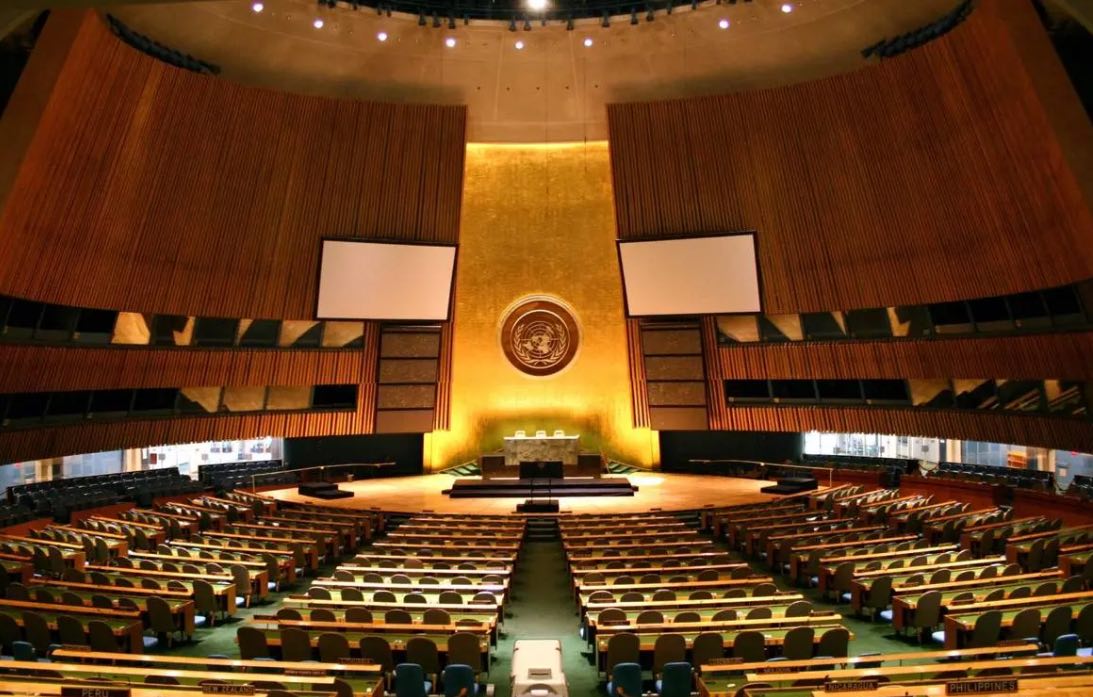A global platform and an opportunity for national interests
A global platform and an opportunity for national interests. The current leadership during its presidency went to New York once, and so did Seyyed Mohammad Khatami.
No president or political figure solely addresses domestic issues of their country from this platform.
Because it is an international platform, but each of these figures usually tries to align their speeches with their country’s national interests, in addition to conveying a message to the world.
Mahmoud Ahmadinejad was the first Iranian president who spoke eight times at this assembly.
Speeches that should have been dedicated to Iran’s international role and representation were instead focused on denying the Holocaust, repeating conspiracy theories about September 11, global management, the emergence of the Twelfth Imam of the Shia, the decline of the West, and reforming global structures.
One of the issues raised at that time, following Ahmadinejad’s speeches, was that the then Iranian president easily turned the issue of opposition to Israeli occupation and Zionist ideology into anti-Semitism at the UN podium.
The president of that time faced extensive criticism for his costly remarks.
Hassan Rouhani also spoke eight times at this assembly, went to New York seven times, and appeared once via video conference. Rouhani generally had a positive presence and prioritized Iran’s issues in his speeches.
He talked about issues such as the Palestinian issue, occupation, and the spread of terrorism, at that time the issue of ISIS was also raised.
The Iran section in Rouhani’s eight speeches was largely influenced by the nuclear issue and the JCPOA, from its signing to the U.S. withdrawal.
Again, it was about Iran and our national interests.
Seyyed Ebrahim Raisi, the late president, in his three speeches, took a path in terms of content between Ahmadinejad and Rouhani.
He both recounted the injustices done to the Iranian people and addressed issues such as the decline of the West.
Masoud Pezeshkian is the sixth Iranian president to attend the United Nations General Assembly and will deliver the twenty-second speech.
Naturally, the president will express the Islamic Republic’s view on issues, speaking about the regional situation, the hostile policies of the U.S. in the world, the use of sanctions as a weapon, the humanitarian disaster in Gaza, and the crimes of Israel in Lebanon and Tehran.
But I hope Mr. President prioritizes the issue of Iran and national interests.
When we are deeply mired in problems in our own country, we neither have a mission to change the world nor the economic power and political influence to do so. Therefore, I remind you that this platform is first for speaking about Iran and its interests, then for other issues.
That platform and the president’s other programs during the trip to New York, like meetings and interviews, on one hand, should focus on realities, and on the other hand, the statements and positions should stem from Iran’s national interests.

